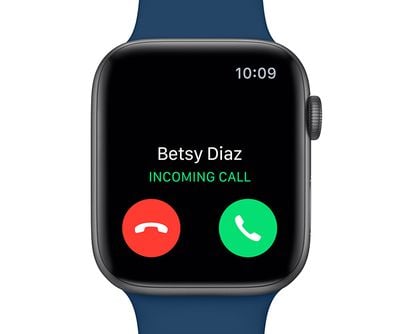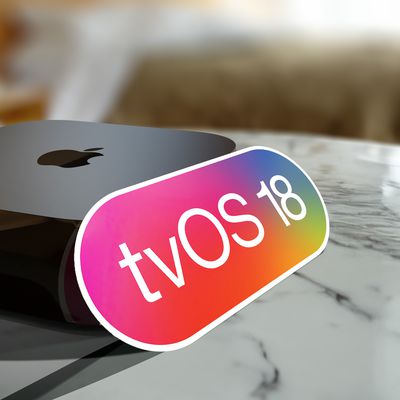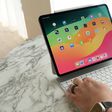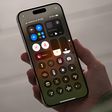Apple Ordered to Pay Optis Wireless $300 Million in Second LTE Patent Trial
Apple must pay $300 million in damages to Optis Wireless Technology for infringing a handful of patents related to 4G LTE technology, a Texas jury has ruled (via Reuters).

In August 2020, a jury found that Apple had infringed five Optis wireless patents and awarded $506 million in damages, but a Texas judge vacated that award in April and ordered a new trial to focus on damages only.
US District Judge Rodney Gilstrap said the first jury was unable to determine if the amount was awarded on the FRAND terms (a fair, reasonable, and non-discriminatory basis) usually required in standard essential patent cases.
PanOptis and its sister companies, Optis Wireless Technology, Optis Cellular Technology, Unwired Planet, and Unwired Planet International, are non-practicing entities that hold patents and generate revenue through patent litigation, otherwise known as patent trolls.
In a statement, Apple said: "Optis makes no products and its sole business is to sue companies using patents they accumulate. We will continue to defend against their attempts to extract unreasonable payments for patents they acquire."
Popular Stories
Apple today released iOS 18.5 and iPadOS 18.5, the fifth updates to the iOS 18 and iPadOS 18 operating systems that came out last September. iOS 18.5 and iPadOS 18.5 come a little over a month after Apple released iOS 18.4 and iPadOS 18.4.
The new software can be downloaded on eligible iPhones and iPads over-the-air by going to Settings > General > Software Update. The iOS 18.5 update has a...
Apple today released tvOS 18.5, the latest version of the tvOS operating system. tvOS 18.5 comes a little over a month after the launch of tvOS 18.4, and it is available for the Apple TV 4K and Apple TV HD models.
tvOS 18.5 can be downloaded using the Settings app on the Apple TV. Open up Settings and go to System > Software Update to get the new software. Apple TV owners who have...
Apple is considering raising prices for its upcoming iPhone 17 models set to release this fall, according to people familiar with the matter cited by The Wall Street Journal.
The company reportedly aims to pair the potential price hikes with new features and design changes to justify the increased cost to consumers, rather than attributing them to U.S. tariffs on goods from China.
The...
Following more than a month of beta testing, Apple is expected to release iOS 18.5 to the general public this week. While the software update is relatively minor, it still includes a handful of new features and changes for iPhones.
Below, we recap everything new in iOS 18.5.
Pride Wallpaper
Apple recently announced its 2025 Pride Collection, including a new Apple Watch band, watch face,...
Apple today released macOS Sequoia 15.5, the fifth major update to the macOS Sequoia operating system that launched last September. macOS Sequoia 15.5 comes a little over a month after the launch of macOS Sequoia 15.4.
Mac users can download the macOS Sequoia 15.5 update through the Software Update section of System Settings. It is available for free on all Macs able to run ...
Apple acquired Canadian startup Mayday Labs in April 2024, according to a European Commission listing, spotted by French blog MacGeneration. The acquisition had not received widespread attention from tech publications until now.
Apple is legally required to report certain acquisitions to the European Commission, under the terms of the EU's Digital Markets Act.
Mayday Labs founder Jeremy...
Apple will mark the 10th anniversary of the iPhone X in 2027 by launching a mostly glass, curved iPhone without any cutouts in the display, according to Bloomberg's Mark Gurman.
Writing in his latest Power On newsletter, Gurman said the all-screen device will arrive later in 2027, suggesting a fall release. The model will be preceded by Apple's first foldable iPhone, claims the reporter....





















